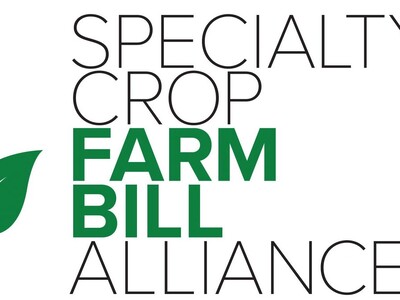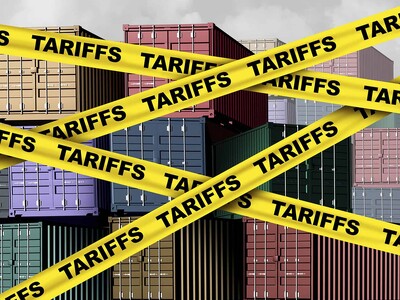Port Slowdown Will Have Longterm Effect
Port Slowdown Will Have Longterm EffectI’m Lacy Gray with Washington Ag Today.
On Friday ag industry folks were notified by PMA that labor would not be working at the ports over the weekend. Matt Harris with the Washington State Potato Commission has been taking calls from potato growers here in the state about the uncertainty now facing the 2015 potato crop due to the port slowdowns.
HARRIS: You’ve grown a crop, you’re storing that crop and then you have contracts with processors to turn that crop into a frozen potato product; now that’s all in jeopardy. The 2015 crop is in question because we’re so backed up, the pipeline is full; we’ve produced over 10 billion pounds of potatoes this year, about 20% of the U.S. supply, and we need to export that to our markets.
Harris stresses that once those sales are lost growers can’t regain them.
HARRIS: And we’re forecasting into the next year; our next growing season starts July 1. What are we going to do with the 2014 crop? And I know it’s not just potatoes; the same stories could be told in other industries. Here we sit in Washington state - we have two gateway ports, we have access to the world yet we cannot sell a crop in an efficient manner. It’s not as for us to just say “oh, we can just sell those french fries to New York”. Well, it just doesn’t work like that; logistically there are other potato processing facilities in North America that feed that demand, and so we’re really stuck when we can’t move our product through our ports.
According to Harris for the months of November and December alone opportunity losses for Washington frozen potato products amounted to roughly $34 million.
HARRIS: There’s a lot of worried folks out there right now that, if we can’t see kind of the daylight at the end of the tunnel, it’s a problem.
That’s Washington Ag Today.
I’m Lacy Gray with the Ag Information Network of the West.















